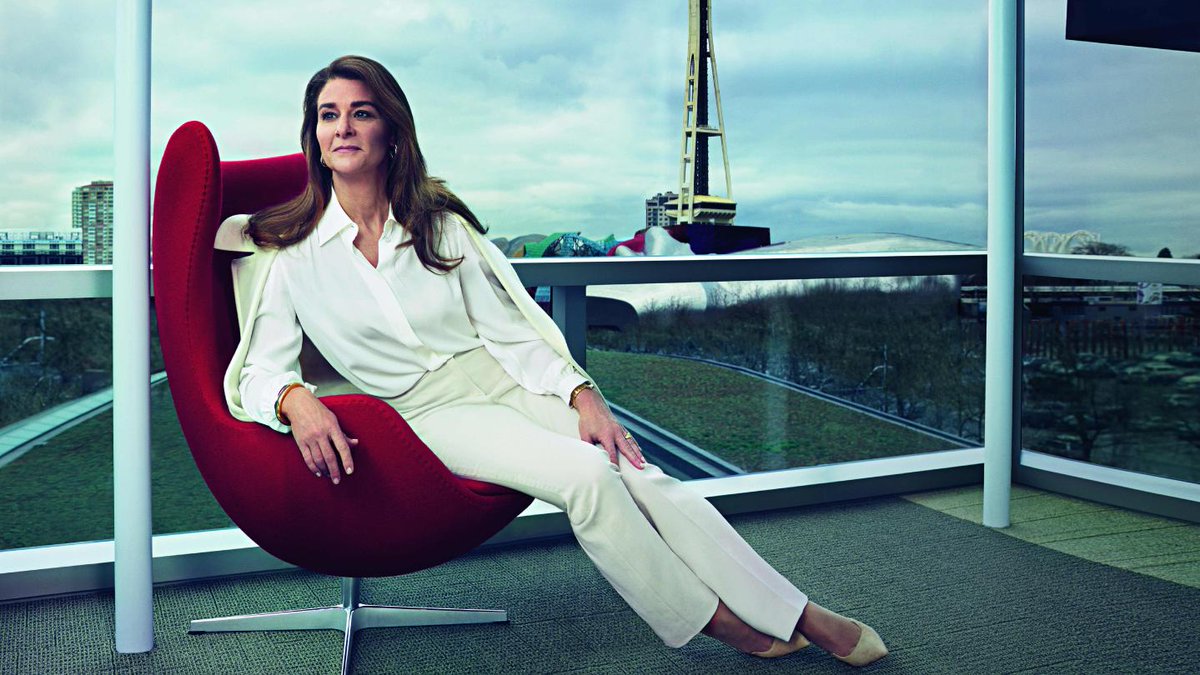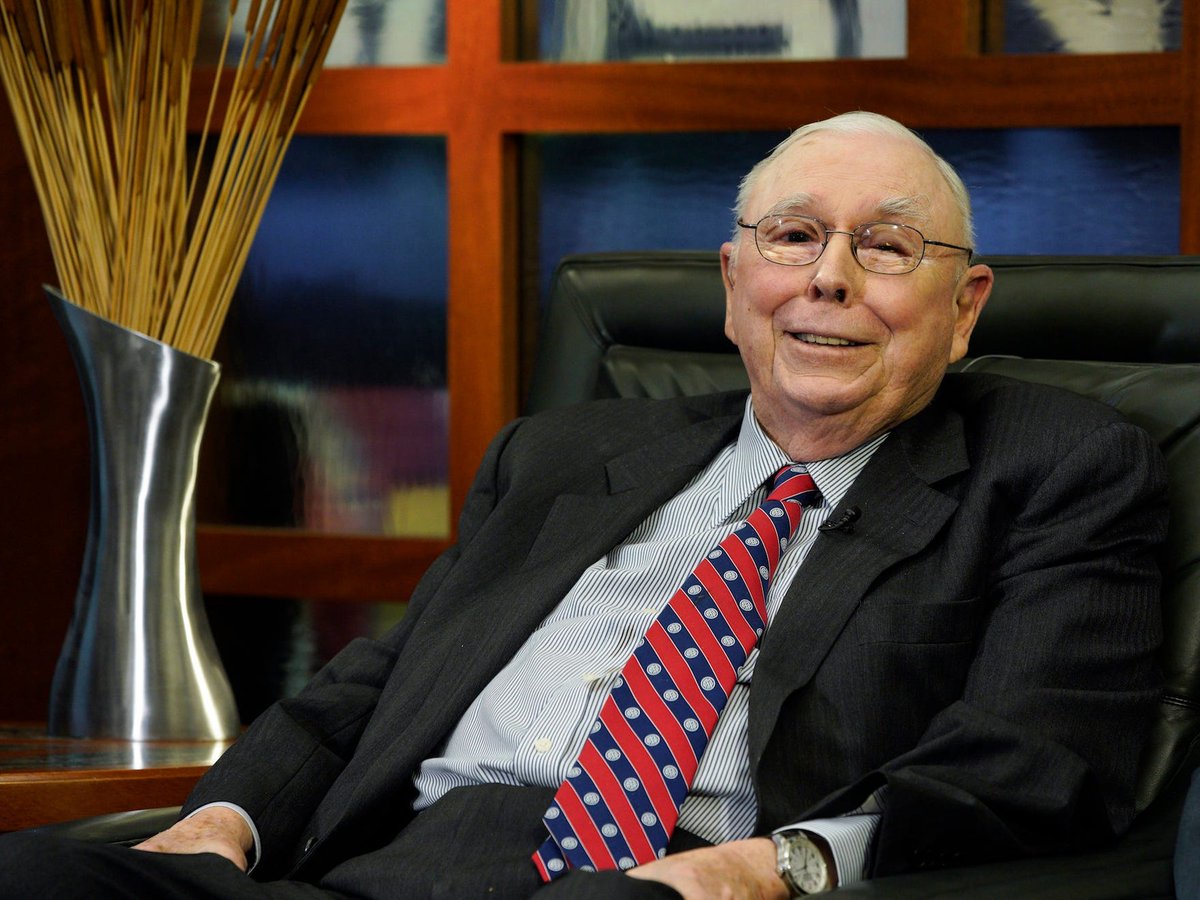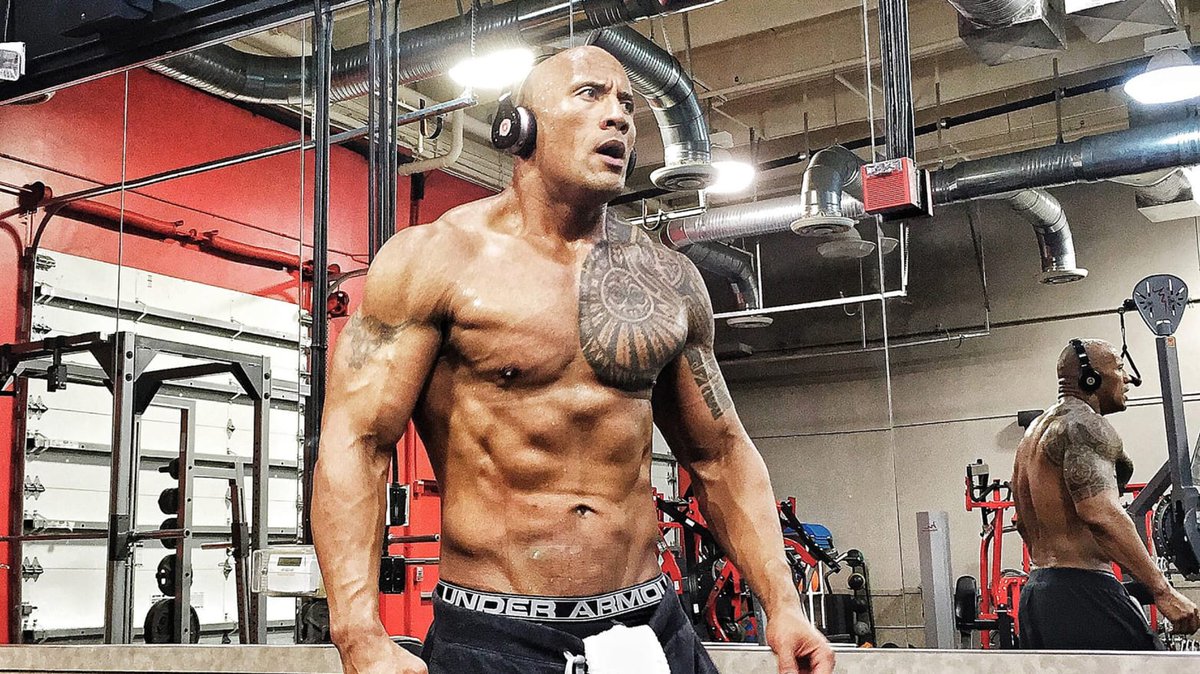
In 2013, I interviewed my great-grandmother about her childhood, living through World War II, what she learned from 53 years of marriage, and more.
There are some life (and love) lessons in here that have withstood the test of time.
👇
There are some life (and love) lessons in here that have withstood the test of time.
👇
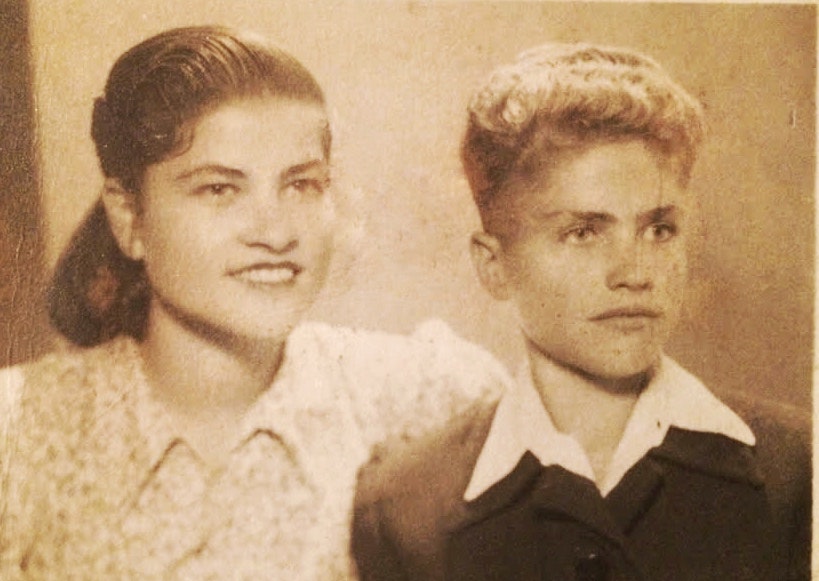
1) When choosing a partner, look at their upbringing.
Her husband (my great-grandfather) had 5 younger sisters.
"He was always protective. And that would sometimes turn into jealousy — he thought because I was so young when I married him that I'd be curious about other people"
Her husband (my great-grandfather) had 5 younger sisters.
"He was always protective. And that would sometimes turn into jealousy — he thought because I was so young when I married him that I'd be curious about other people"
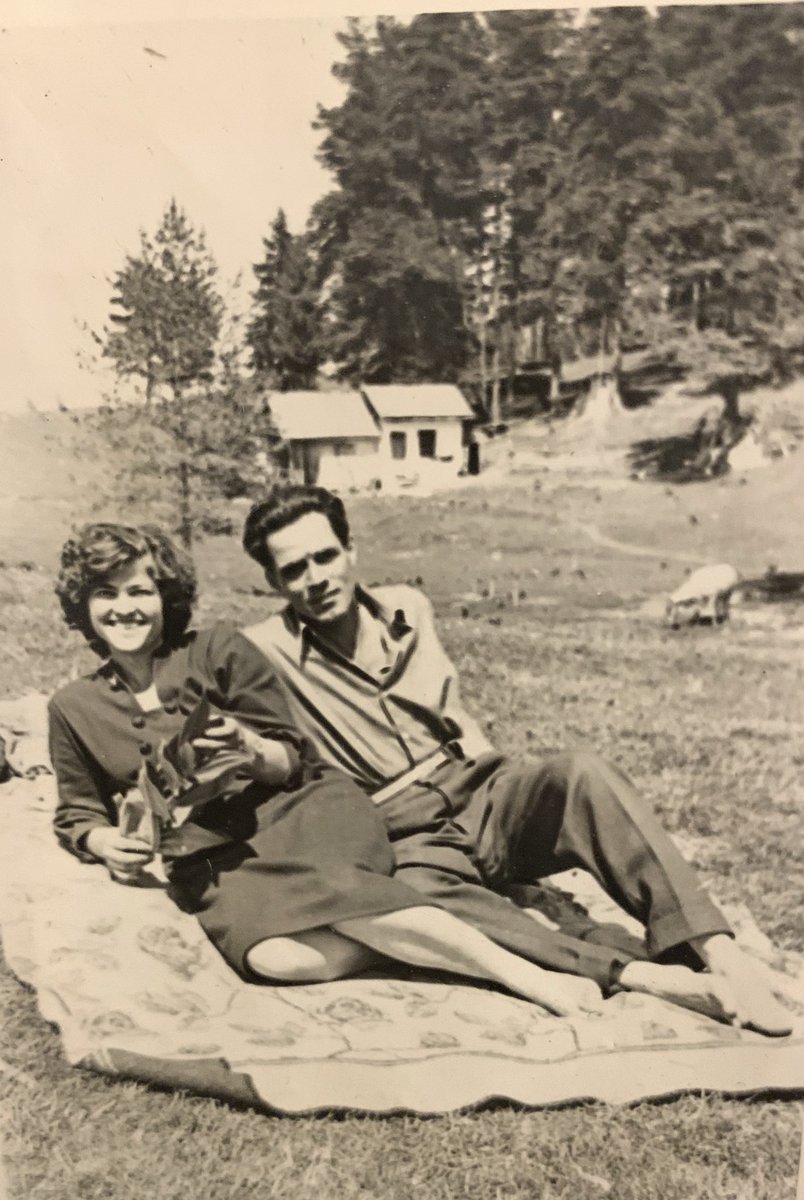
2) Don't be curious.
"When you commit, you can’t be curious. [People] think if they quit & find someone else, the problems will go away. They won’t — there will be other, new problems.
"No 2 people are perfect, but they can help each other learn to break their bad habits."
"When you commit, you can’t be curious. [People] think if they quit & find someone else, the problems will go away. They won’t — there will be other, new problems.
"No 2 people are perfect, but they can help each other learn to break their bad habits."
3) Fall in love with someone's soul.
"When you’re young and beautiful like we were, falling in love is easy. But you have to fall in love with someone’s soul — because you will get old, but the soul will never change."
"When you’re young and beautiful like we were, falling in love is easy. But you have to fall in love with someone’s soul — because you will get old, but the soul will never change."
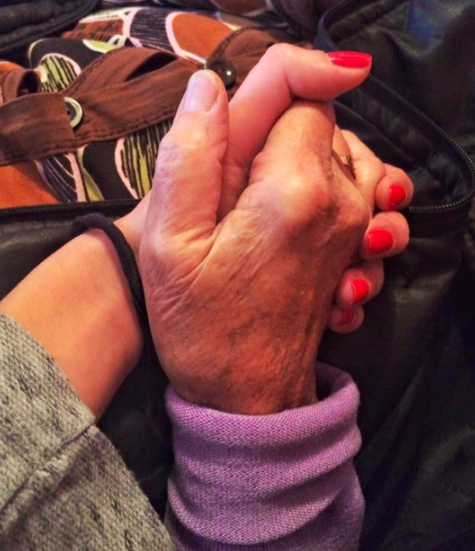
❤️ Read my full conversation with her here (and a reminder to call your grandparents!):
theprofile.substack.com/p/heres-the-ad…
theprofile.substack.com/p/heres-the-ad…
• • •
Missing some Tweet in this thread? You can try to
force a refresh

